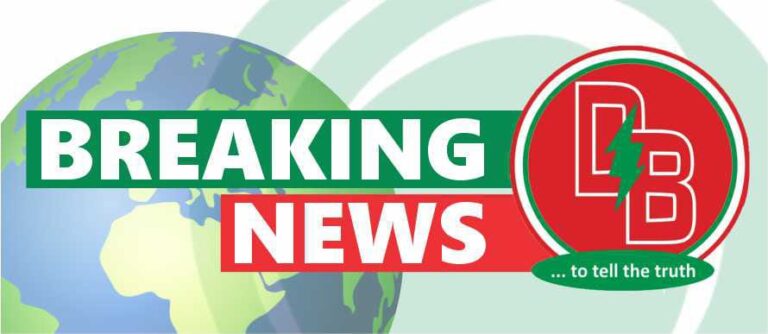Public affairs analyst and lawyer, Kenneth Okonkwo, has accused the Independent National Electoral Commission (INEC) of operating as a department of the ruling All Progressives Congress (APC), alleging that the electoral body has become a major impediment to the formation and coordination of a viable opposition coalition in Nigeria.
Speaking in an interview with ARISE News on Monday, Okonkwo pushed back against narratives that the emerging opposition coalition is already in disarray, asserting instead that discussions are still at a preliminary stage and focused on shared priorities.
“How can something be in disarray when it has not started?” Okonkwo asked rhetorically. “What we have now is common priorities. We don’t have individual differences, because the time for individual ambitions has not commenced. So we’re just talking about options that we have.”
However, he lamented that a key challenge facing the opposition is the credibility and independence of INEC, which he described as “a department of the APC.”
“With INEC as a department of APC, you know that they put unnecessary roadblocks to the opposition and engage in a lot of rough tackles,” Okonkwo said, citing alleged institutional bias and political interference that stifle the ability of opposition forces to freely organise and register new political platforms.
He further claimed that if Nigeria were governed by the rule of law, forming a new political party would be the logical path for building a unified front. But due to INEC’s alleged deliberate delays in processing party registrations and approvals, opposition leaders are being forced to explore alternatives.
“In a nation where the rule of law is guaranteed, under this kind of INEC, it would have been preferable to register a new party where everybody will move in,” he said. “But because INEC tends to inordinately delay what is apparent, we can’t put all our eggs in one basket.”
According to him, the emerging coalition is not merely focused on winning the next general elections, but on “building a true democratic society that respects the people’s sovereignty to choose their leaders through free, fair, and credible elections.”
He also stressed the importance of restoring fundamental freedoms in Nigeria, including the protection of human rights, press freedom, and judicial independence.
“You know how some of you (Journalists) have been arrested for simply saying what should be said,” he said “We are envisioning a country where the judiciary is impartial, the press is free, and the rule of law reigns supreme.”
Chioma Kalu

